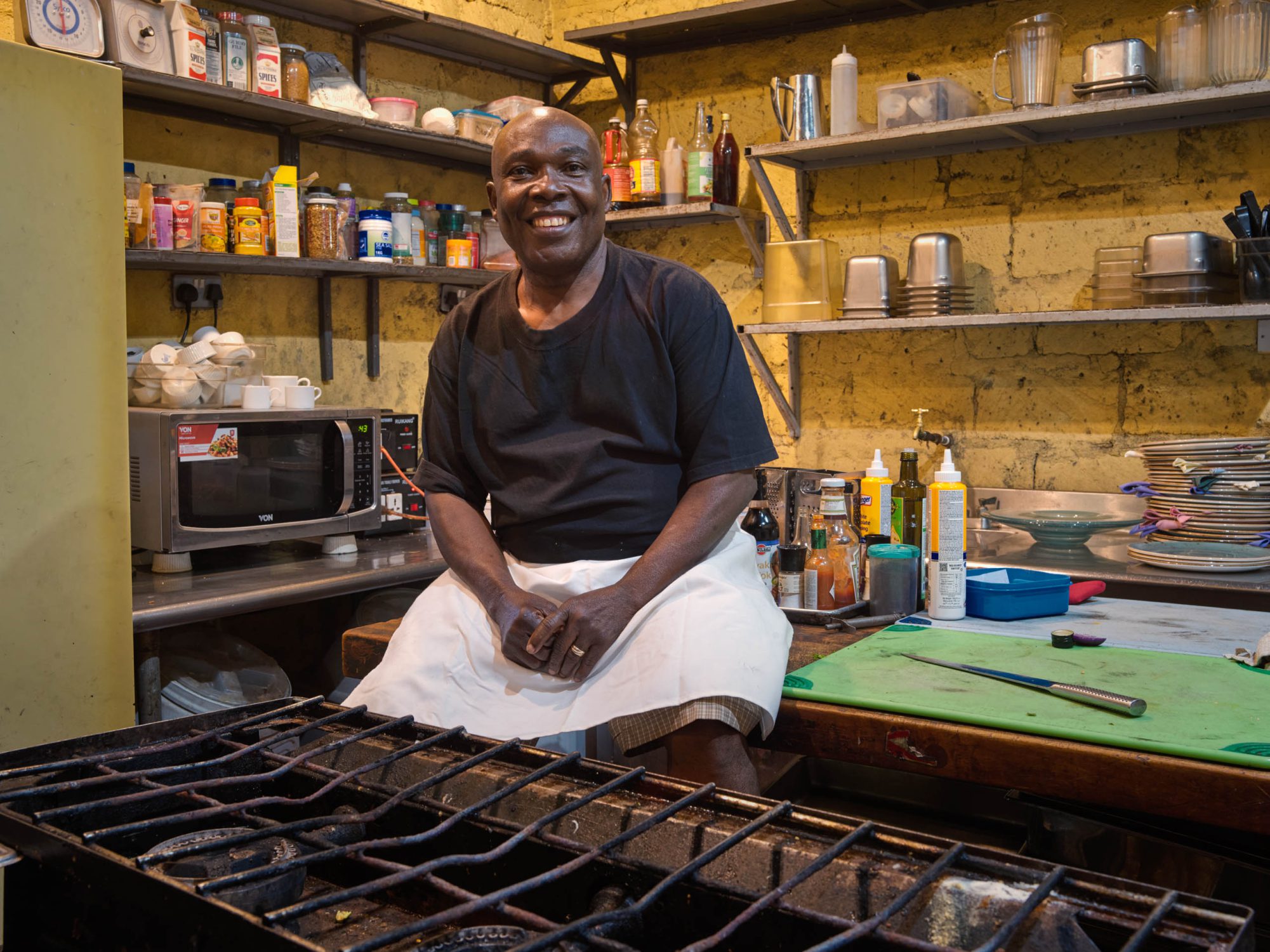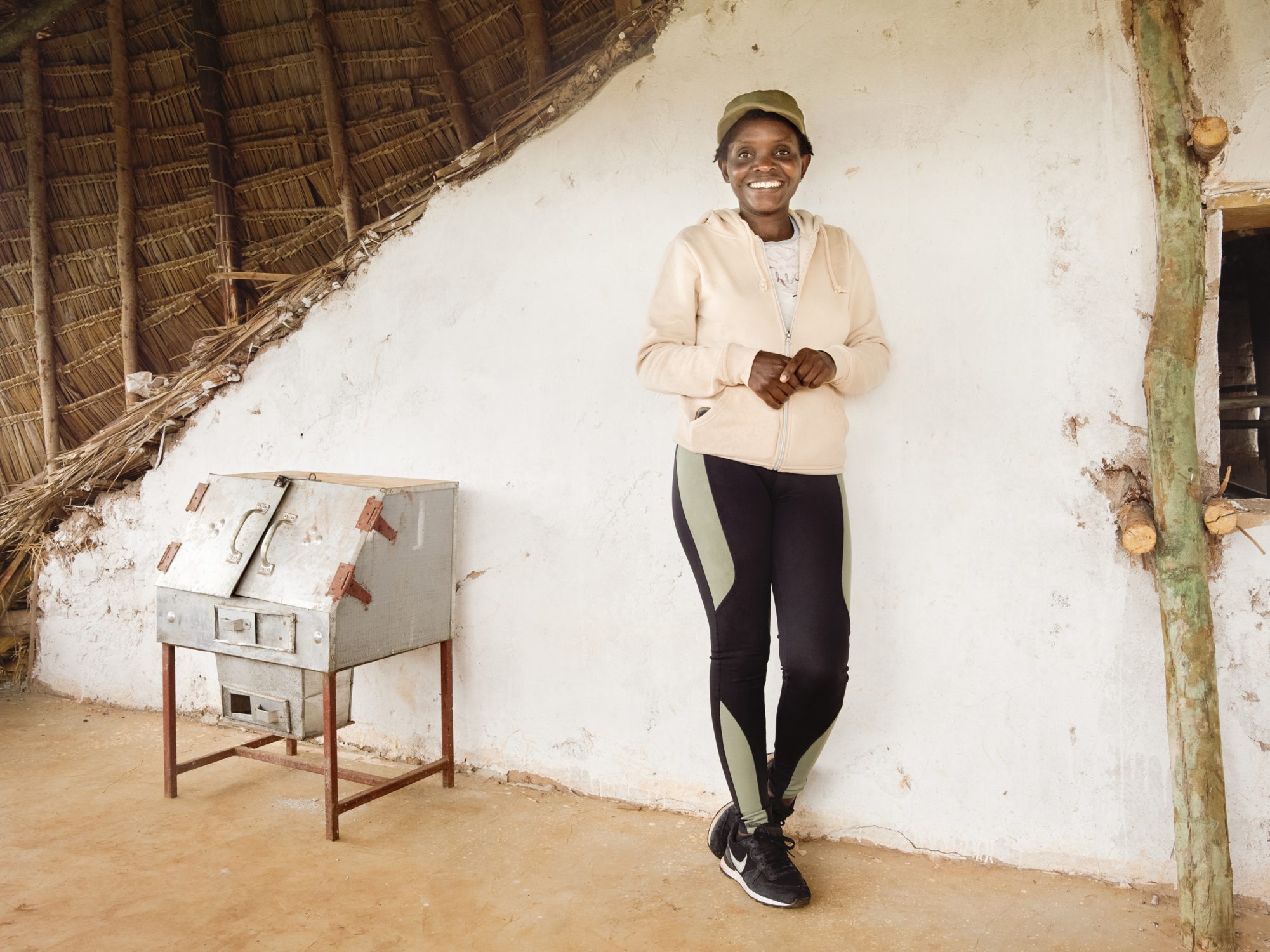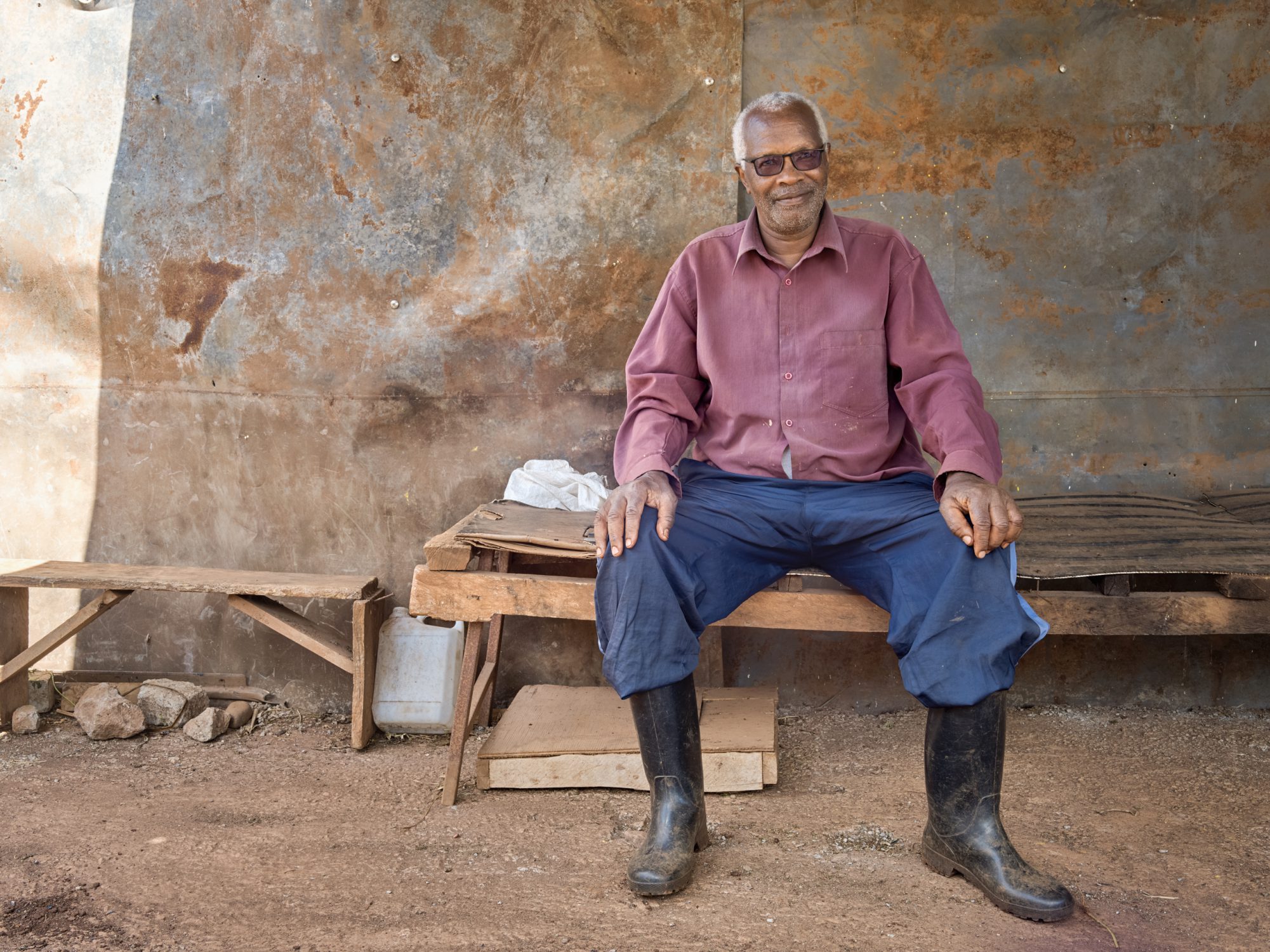
We meet Kiari Kamanu (71) at the farmers’ market in Nairobi, where at weekends he has a stall selling vegetables and fruit. He lays out his produce as if each item was a valuable diamond that he’d dug with great dedication from the steep piece of land behind his house.
We get talking with him about organic agriculture and he invites us to visit his farm, an hour’s drive from Nairobi. Kiari is an outspoken man with strong opinions and he’s qualified to speak on the subject.
He’s been a farmer for quite a while, more than 45 years. He bought his first cow in 1973 and from day one he has always produced and eaten organic food.
His biggest problem is getting good seed, organic seed, native seed, not GMO seed. He refuses to use GMO and has built up his own seedbank. He also has a secret source in the Netherlands who sends him seeds by post from time to time. It’s illegal, but that doesn’t bother him too much.
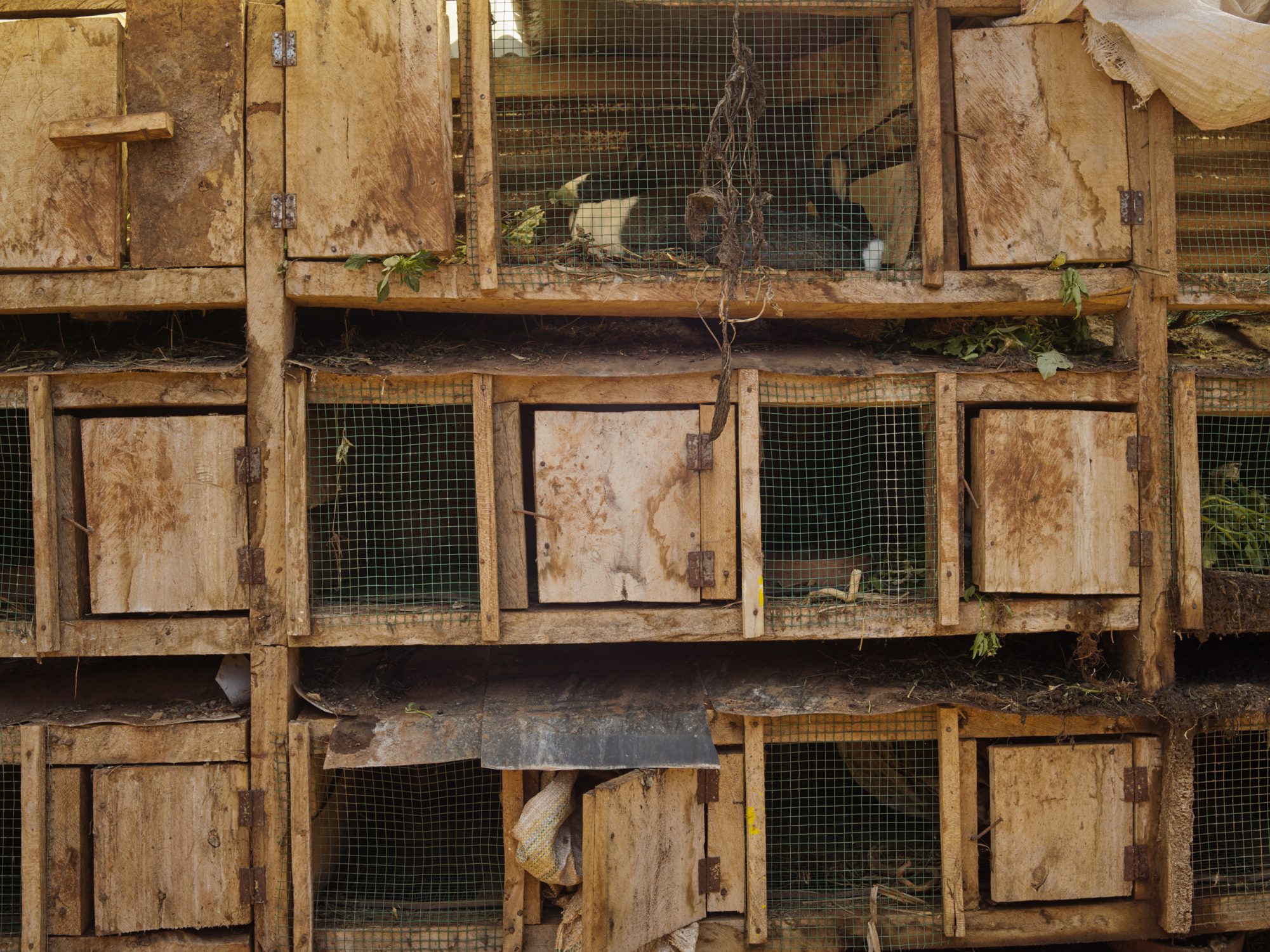
"I have my cows, I have my goats, I have my rabbits, I have my chickens, I have my pigs."
Kiari Kamanu
Organic farmer
‘My cows give me manure and that gives me biogas. My chickens give me meat, they give me compost. My fish give me water for seedlings. The seaweed will give me food for my chickens, for my cows and for my pigs.’
Kiari has dozens of rabbits and he uses their urine as fertilizer. Rabbit urine has a high nitrogen content, because rabbits drink very little water. It also contains a lot of phosphorus and potassium, which helps to improve soil fertility. Applying rabbit urine is an organic way of making the soil fertile.
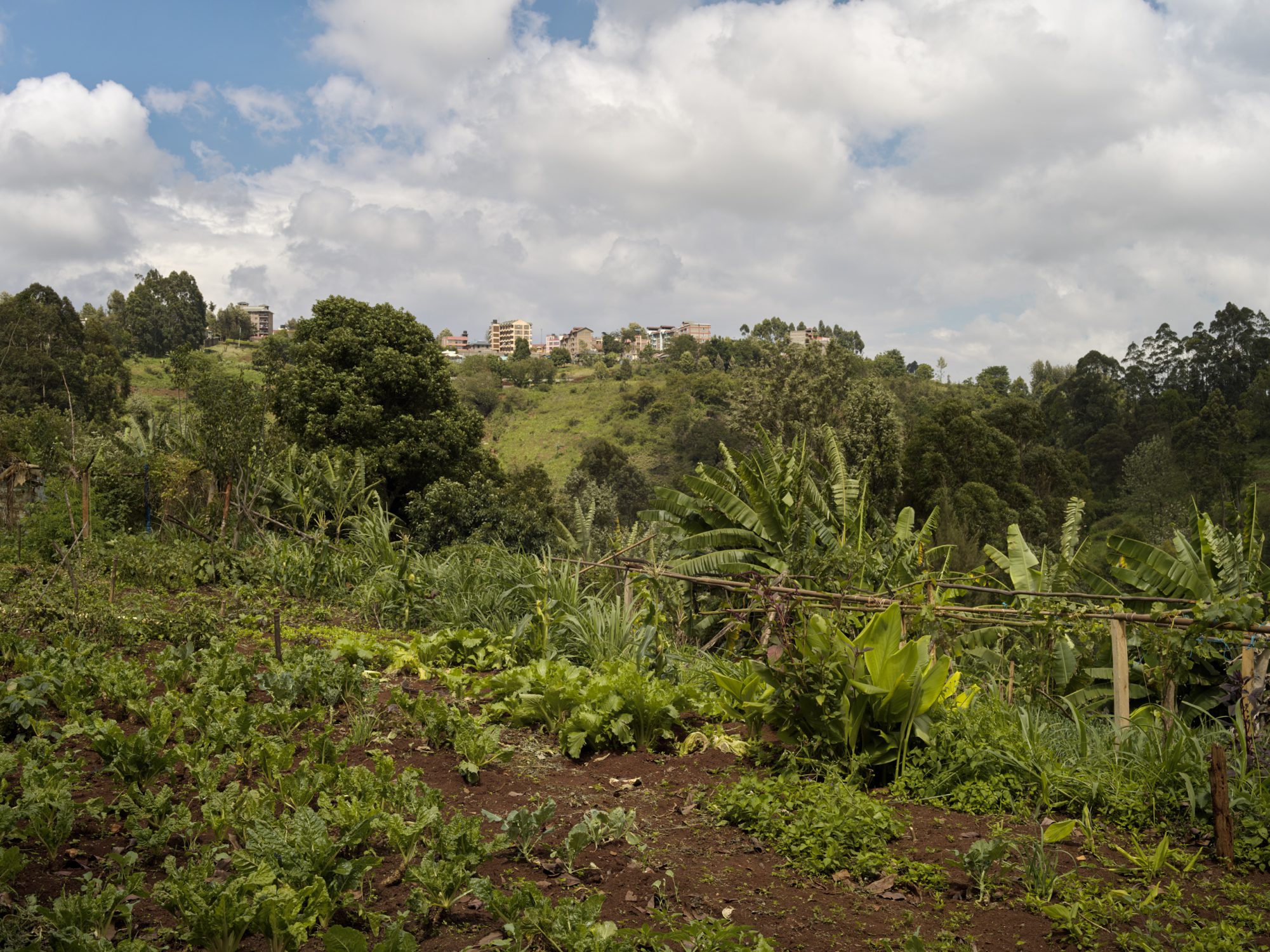
Vegetables on request
Kiari grows everything for everyone. More and more people visit his farm and participate in the work there as well as buying organically grown vegetables for themselves. He will grow specific varieties on request, as long as he can get hold of good quality seed, not GMO seed, and as long as people don’t expect him to treat his crops with artificial fertilizers, pesticides or fungicides.
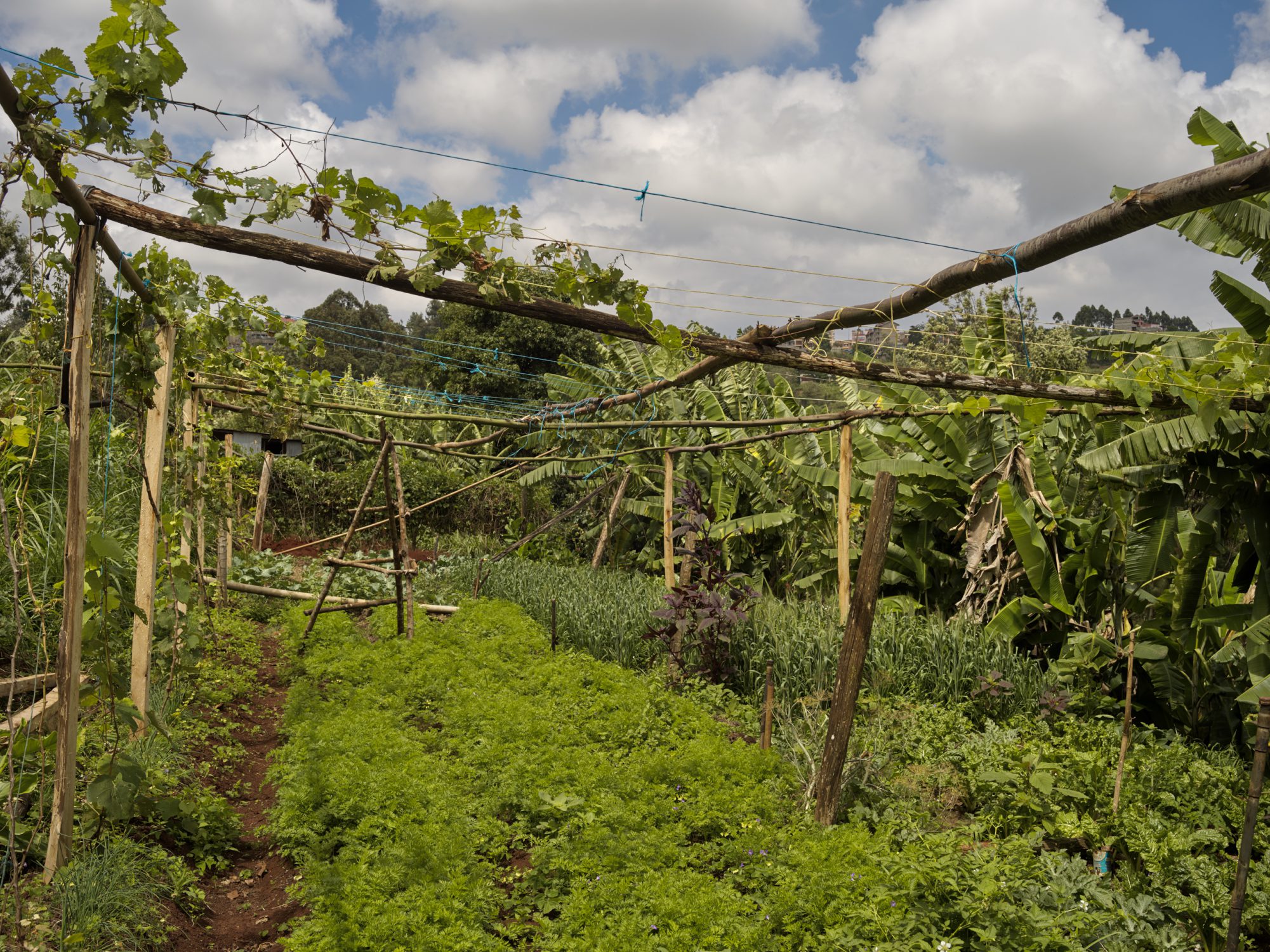
Organic is the way to go
Kiari sometimes tires of the argument that organic farming is not productive, that it isn’t efficient. ‘With my 45 years of experience I can assure everyone that organic is the way to go.’
"The first and main thing to note is that humans and soil are the same. We are 70 per cent water. The soil is composed of about 60 or 70 per cent water. So let’s look at the soil. The health of the soil is the same as the health of me and you."
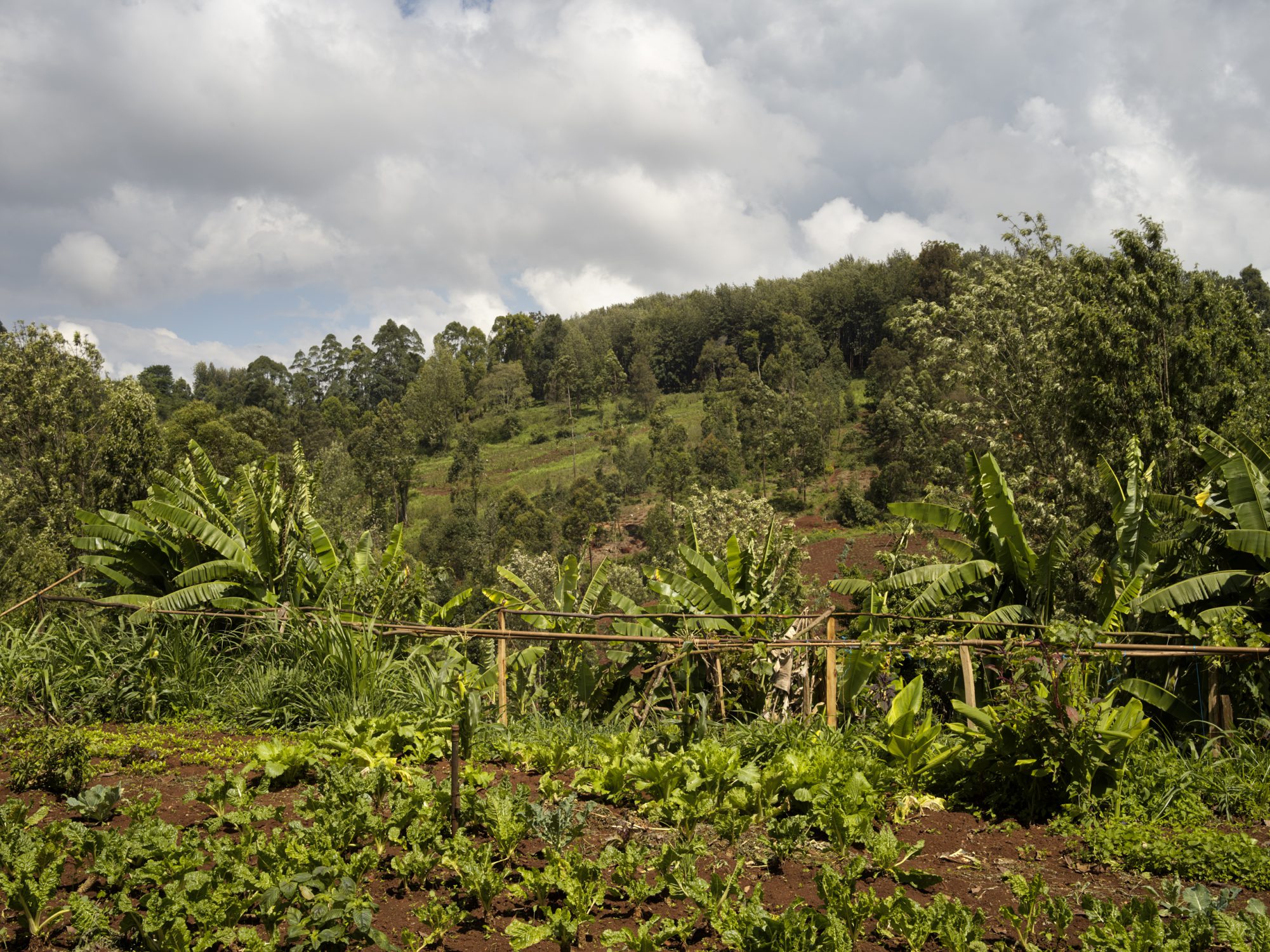
"Let’s all go organic, let’s eat healthy, dense, clean food and lifestyle diseases will be a thing of the past."
We have selected another two stories that might inspire you.
